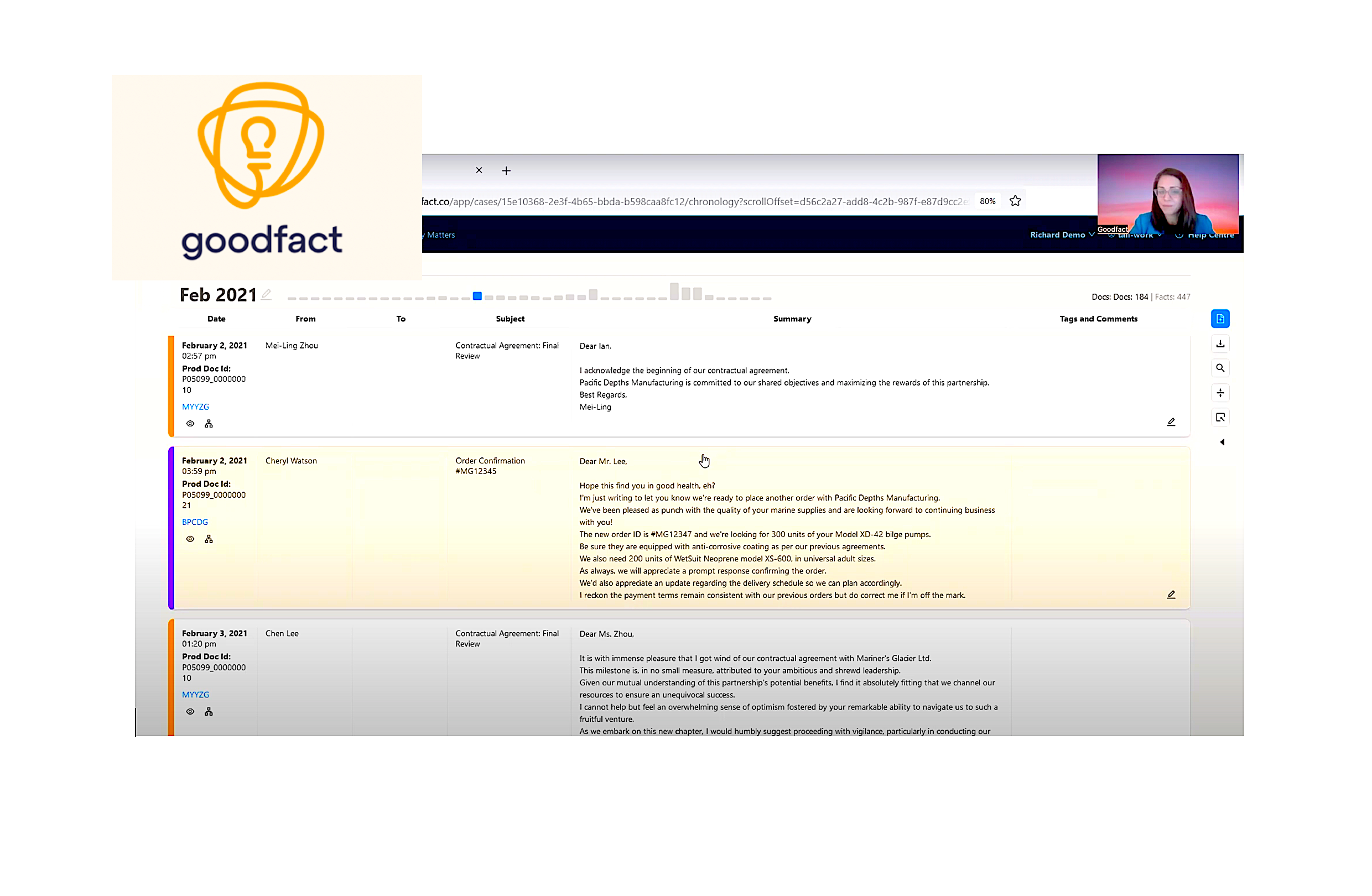Blockchain Testing: Ensuring Trust and Reliability in Decentralized Systems
Blockchain technology has emerged as a transformative force, revolutionizing industries such as finance, healthcare, supply chain, and more. By enabling decentralized, transparent, and secure transactions, blockchain has redefined how data is stored, shared, and verified. However, the unique architecture and complexity of blockchain systems introduce new challenges for ensuring their reliability, security, and performance. Blockchain testing is a specialized discipline that addresses these challenges, ensuring that blockchain-based applications function as intended and deliver on their promise of trust and transparency. What is Blockchain Testing? Blockchain testing is the process of validating the functionality, security, and performance of blockchain-based systems. Unlike traditional software testing, blockchain testing must account for the decentralized nature of the technology, the immutability of data, and the consensus mechanisms that govern transactions. It involves testing various components of a blockchain system, including smart contracts, nodes, networks, and cryptographic protocols, to ensure they work seamlessly and securely. The Importance of Blockchain Testing Ensuring Data Integrity Blockchain is built on the principle of immutability, meaning that once data is recorded, it cannot be altered. Testing ensures that data is accurately recorded, validated, and stored, maintaining the integrity of the blockchain. Validating Smart Contracts Smart contracts are self-executing agreements coded on the blockchain. Testing ensures that these contracts function as intended, execute transactions correctly, and are free from vulnerabilities that could be exploited. Securing Transactions Blockchain systems rely on cryptographic algorithms to secure transactions. Testing verifies that these algorithms are implemented correctly and that transactions are protected from tampering or unauthorized access. Maintaining Network Performance Blockchain networks must handle a high volume of transactions while maintaining speed and efficiency. Performance testing ensures that the network can scale and perform under varying workloads. Building Trust in Decentralized Systems The success of blockchain technology depends on trust. By rigorously testing blockchain systems, organizations can build confidence among users, stakeholders, and regulators. Key Components of Blockchain Testing Smart Contract Testing Smart contracts are a core component of blockchain systems. Testing ensures that they are free from bugs, vulnerabilities, and logic errors. This includes validating input/output behavior, edge cases, and compliance with business rules. Node Testing Nodes are the individual participants in a blockchain network. Node testing ensures that each node operates correctly, synchronizes with the network, and validates transactions accurately. Consensus Mechanism Testing Consensus mechanisms, such as Proof of Work (POW) or Proof of Stake (POS), are critical to the functioning of a blockchain. Testing verifies that these mechanisms work as intended and that the network reaches consensus efficiently. Network Testing Blockchain networks must be tested for scalability, latency, and resilience. This includes simulating high transaction volumes, network partitions, and node failures to ensure the network remains operational. Security Testing Security is paramount in blockchain systems. Testing includes vulnerability assessments, penetration testing, and validation of cryptographic protocols to ensure the system is secure against attacks. Data Integrity Testing Blockchain’s immutability is one of its defining features. Testing ensures that data is accurately recorded, cannot be altered, and is consistent across all nodes in the network. Challenges in Blockchain Testing While blockchain testing is essential, it presents unique challenges: Complexity of Decentralized Systems Blockchain systems are inherently complex, with multiple nodes, consensus mechanisms, and cryptographic protocols. Testing these systems requires a deep understanding of their architecture and behavior. Immutability and Irreversibility Once data is recorded on the blockchain, it cannot be changed. This makes it critical to identify and fix issues before deployment, as errors can have permanent consequences. Lack of Standardized Tools and Frameworks Blockchain testing is still an emerging field, and there is a lack of standardized tools and frameworks. This requires testers to develop custom solutions and adapt to the unique requirements of each project. Performance and Scalability Blockchain networks must handle high transaction volumes while maintaining performance. Testing for scalability and performance is challenging, especially in public blockchains with a large number of participants. Regulatory Compliance Blockchain systems often operate in regulated industries, such as finance and healthcare. Testing must ensure compliance with legal and regulatory requi

Blockchain technology has emerged as a transformative force, revolutionizing industries such as finance, healthcare, supply chain, and more. By enabling decentralized, transparent, and secure transactions, blockchain has redefined how data is stored, shared, and verified. However, the unique architecture and complexity of blockchain systems introduce new challenges for ensuring their reliability, security, and performance. Blockchain testing is a specialized discipline that addresses these challenges, ensuring that blockchain-based applications function as intended and deliver on their promise of trust and transparency.
What is Blockchain Testing?
Blockchain testing is the process of validating the functionality, security, and performance of blockchain-based systems. Unlike traditional software testing, blockchain testing must account for the decentralized nature of the technology, the immutability of data, and the consensus mechanisms that govern transactions. It involves testing various components of a blockchain system, including smart contracts, nodes, networks, and cryptographic protocols, to ensure they work seamlessly and securely.
The Importance of Blockchain Testing
Ensuring Data Integrity
Blockchain is built on the principle of immutability, meaning that once data is recorded, it cannot be altered. Testing ensures that data is accurately recorded, validated, and stored, maintaining the integrity of the blockchain.
Validating Smart Contracts
Smart contracts are self-executing agreements coded on the blockchain. Testing ensures that these contracts function as intended, execute transactions correctly, and are free from vulnerabilities that could be exploited.
Securing Transactions
Blockchain systems rely on cryptographic algorithms to secure transactions. Testing verifies that these algorithms are implemented correctly and that transactions are protected from tampering or unauthorized access.
Maintaining Network Performance
Blockchain networks must handle a high volume of transactions while maintaining speed and efficiency. Performance testing ensures that the network can scale and perform under varying workloads.
Building Trust in Decentralized Systems
The success of blockchain technology depends on trust. By rigorously testing blockchain systems, organizations can build confidence among users, stakeholders, and regulators.
Key Components of Blockchain Testing
Smart Contract Testing
Smart contracts are a core component of blockchain systems. Testing ensures that they are free from bugs, vulnerabilities, and logic errors. This includes validating input/output behavior, edge cases, and compliance with business rules.
Node Testing
Nodes are the individual participants in a blockchain network. Node testing ensures that each node operates correctly, synchronizes with the network, and validates transactions accurately.
Consensus Mechanism Testing
Consensus mechanisms, such as Proof of Work (POW) or Proof of Stake (POS), are critical to the functioning of a blockchain. Testing verifies that these mechanisms work as intended and that the network reaches consensus efficiently.
Network Testing
Blockchain networks must be tested for scalability, latency, and resilience. This includes simulating high transaction volumes, network partitions, and node failures to ensure the network remains operational.
Security Testing
Security is paramount in blockchain systems. Testing includes vulnerability assessments, penetration testing, and validation of cryptographic protocols to ensure the system is secure against attacks.
Data Integrity Testing
Blockchain’s immutability is one of its defining features. Testing ensures that data is accurately recorded, cannot be altered, and is consistent across all nodes in the network.
Challenges in Blockchain Testing
While blockchain testing is essential, it presents unique challenges:
Complexity of Decentralized Systems
Blockchain systems are inherently complex, with multiple nodes, consensus mechanisms, and cryptographic protocols. Testing these systems requires a deep understanding of their architecture and behavior.
Immutability and Irreversibility
Once data is recorded on the blockchain, it cannot be changed. This makes it critical to identify and fix issues before deployment, as errors can have permanent consequences.
Lack of Standardized Tools and Frameworks
Blockchain testing is still an emerging field, and there is a lack of standardized tools and frameworks. This requires testers to develop custom solutions and adapt to the unique requirements of each project.
Performance and Scalability
Blockchain networks must handle high transaction volumes while maintaining performance. Testing for scalability and performance is challenging, especially in public blockchains with a large number of participants.
Regulatory Compliance
Blockchain systems often operate in regulated industries, such as finance and healthcare. Testing must ensure compliance with legal and regulatory requirements, adding another layer of complexity.
The Future of Blockchain Testing
As blockchain technology continues to evolve, so too will the practices and methodologies of blockchain testing. Emerging trends, such as decentralized finance (DeFi), non-fungible tokens (NFTs), and enterprise blockchain solutions, will introduce new challenges and opportunities. Blockchain testing will need to adapt to these changes, ensuring that systems remain secure, scalable, and reliable.
Moreover, the integration of blockchain testing with DevOps and continuous delivery practices will further enhance its impact. By embedding testing into every stage of the development lifecycle, organizations can achieve higher levels of quality, efficiency, and innovation.
Conclusion
Blockchain testing is a critical discipline for ensuring the reliability, security, and performance of decentralized systems. By addressing the unique challenges of blockchain technology, it enables organizations to build trust, deliver value, and unlock the full potential of this transformative technology. While challenges remain, the benefits of blockchain testing far outweigh the risks, making it an indispensable practice for modern blockchain development.
As the blockchain ecosystem continues to grow, testing will play an increasingly important role in ensuring the success of blockchain-based applications. For teams and organizations looking to stay competitive in the digital age, embracing blockchain testing is not just a best practice — it is a necessity for achieving excellence in decentralized systems. By combining the strengths of blockchain testing with human expertise, we can build a future where trust and transparency are at the heart of every blockchain application.
What's Your Reaction?




























